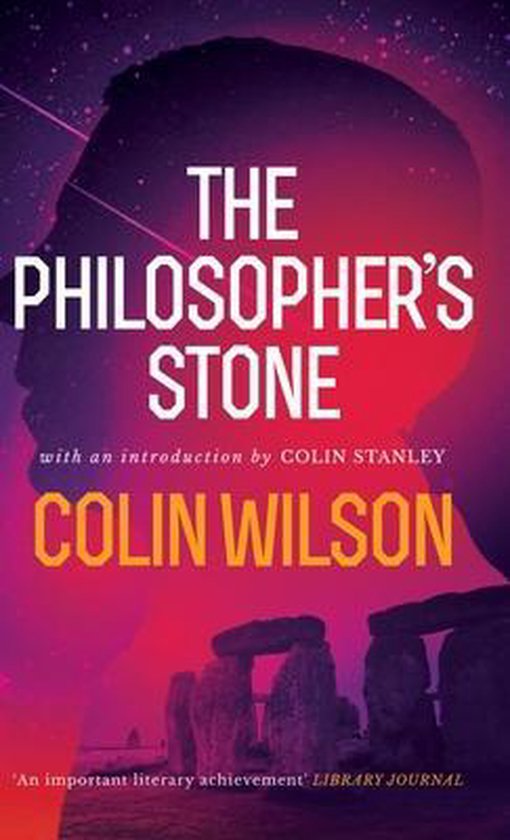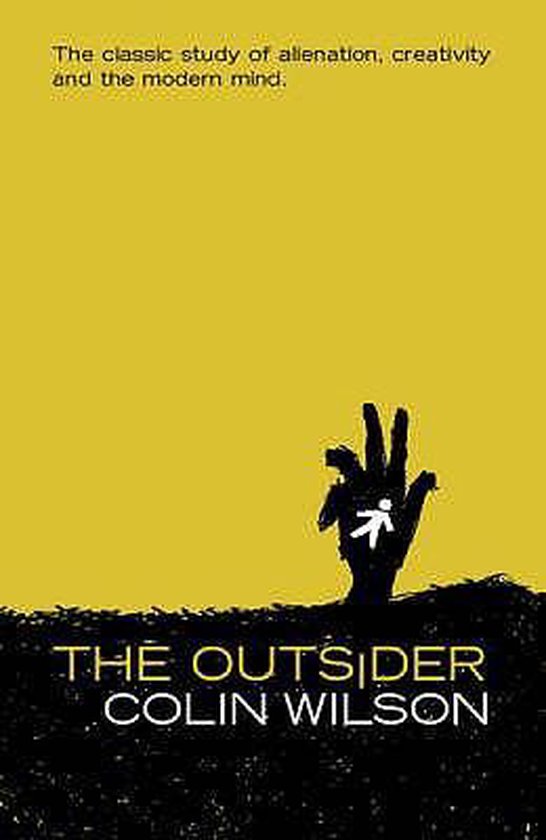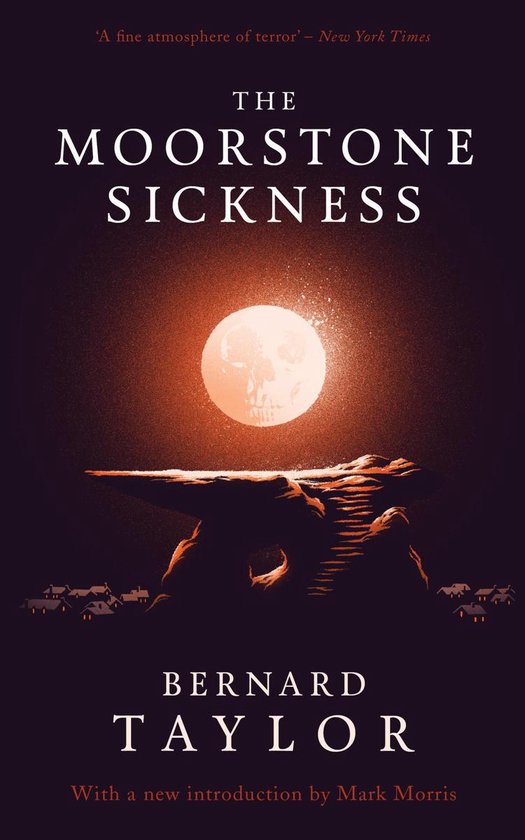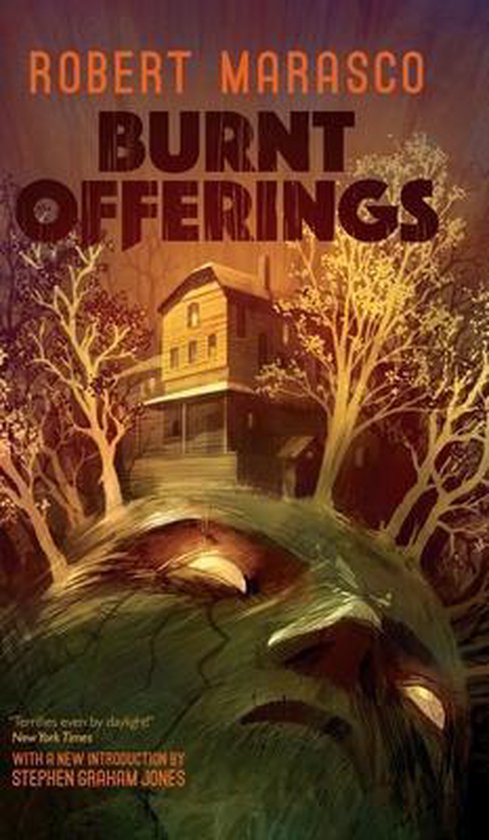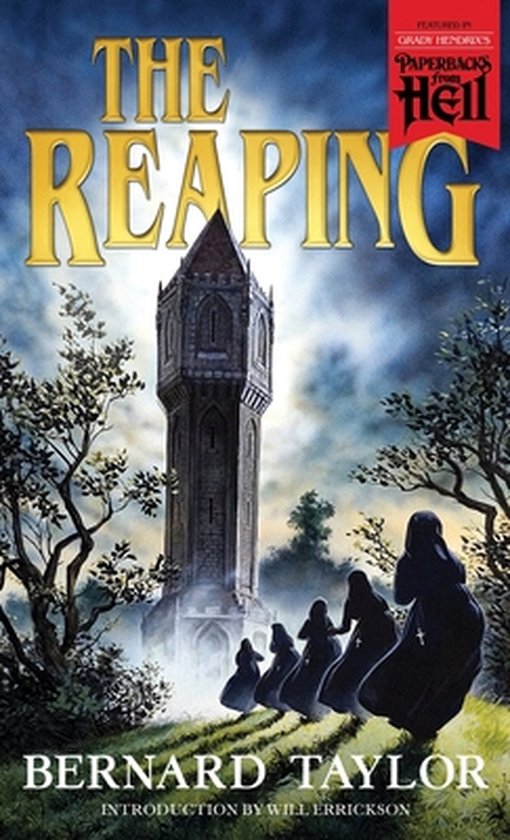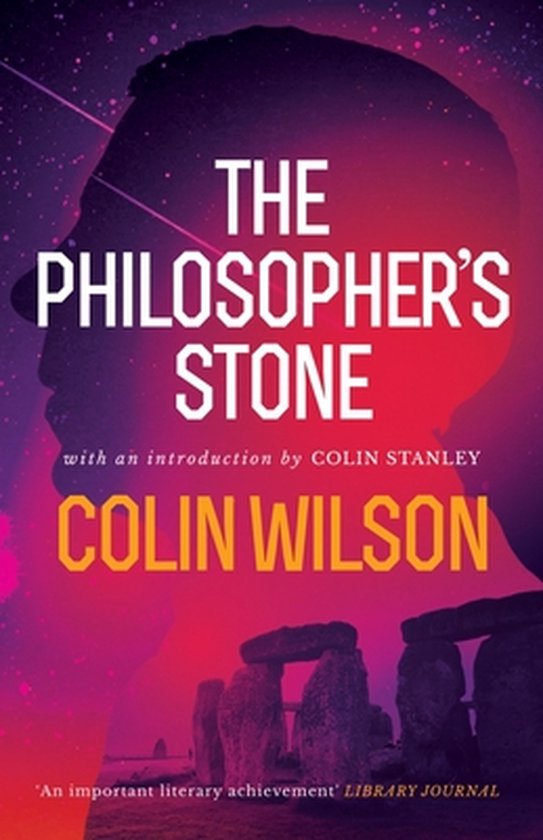
The Philosopher's Stone
'An important literary achievement.' - "Library Journal"
'Colin Wilson has a narrative style that can make the pursuit of any idea seem like exciting detective work.' - "The Times"
'Colin Wilson's best novel to date.' - "The Spectator"
Howard Lester, a young scientist, becomes obsessed with the problem of death and begins a series of unconventional experiments aimed at increasing human longevity. In the course of their research, Lester and his friend Sir Henry Littleway make a startling discovery: a simple and harmless operation on the brain's prefrontal cortex results in vastly expanded consciousness and mental powers. After undergoing the procedure themselves, Lester and Littleway develop remarkable abilities, including 'time vision', a means of seeing backwards into time. They begin by looking at the relatively recent past-the eighteenth century and Shakespeare's England. But they soon find they can see much further back, to the days of Stonehenge and the Mayans, and even earlier. . . . But as they get closer to uncovering the beginnings of human existence, they make a terrifying discovery: something ancient and immensely powerful, long asleep, has been awakened by their activities, and is determined to stop them at all costs. . . .
In "The Strength to Dream" (1962), Colin Wilson had criticized the works of H.P. Lovecraft, the American writer of weird tales, which led to Lovecraft's publisher August Derleth daring Wilson to write one better. This novel, "The Philosopher's Stone" (1969), was the result, a fascinating blend of science fiction, horror, and philosophy, told within the framework of Lovecraft's mythos. This edition is newly typeset from the first British edition and features a new introduction by Wilson scholar and bibliographer Colin Stanley.
'Colin Wilson has a narrative style that can make the pursuit of any idea seem like exciting detective work.' - "The Times"
'Colin Wilson's best novel to date.' - "The Spectator"
Howard Lester, a young scientist, becomes obsessed with the problem of death and begins a series of unconventional experiments aimed at increasing human longevity. In the course of their research, Lester and his friend Sir Henry Littleway make a startling discovery: a simple and harmless operation on the brain's prefrontal cortex results in vastly expanded consciousness and mental powers. After undergoing the procedure themselves, Lester and Littleway develop remarkable abilities, including 'time vision', a means of seeing backwards into time. They begin by looking at the relatively recent past-the eighteenth century and Shakespeare's England. But they soon find they can see much further back, to the days of Stonehenge and the Mayans, and even earlier. . . . But as they get closer to uncovering the beginnings of human existence, they make a terrifying discovery: something ancient and immensely powerful, long asleep, has been awakened by their activities, and is determined to stop them at all costs. . . .
In "The Strength to Dream" (1962), Colin Wilson had criticized the works of H.P. Lovecraft, the American writer of weird tales, which led to Lovecraft's publisher August Derleth daring Wilson to write one better. This novel, "The Philosopher's Stone" (1969), was the result, a fascinating blend of science fiction, horror, and philosophy, told within the framework of Lovecraft's mythos. This edition is newly typeset from the first British edition and features a new introduction by Wilson scholar and bibliographer Colin Stanley.
| Auteur | | Colin Wilson |
| Taal | | Engels |
| Type | | Paperback |
| Categorie | | Literatuur & Romans |
